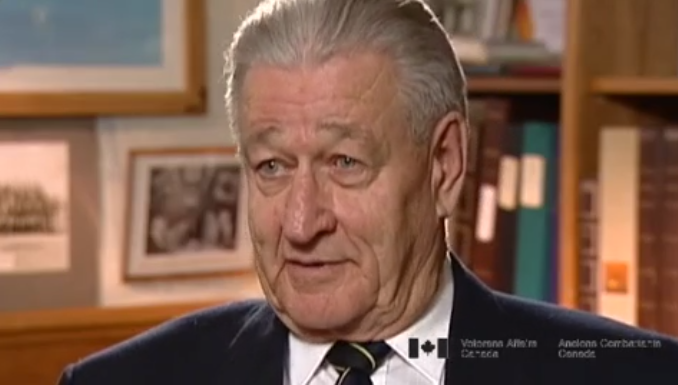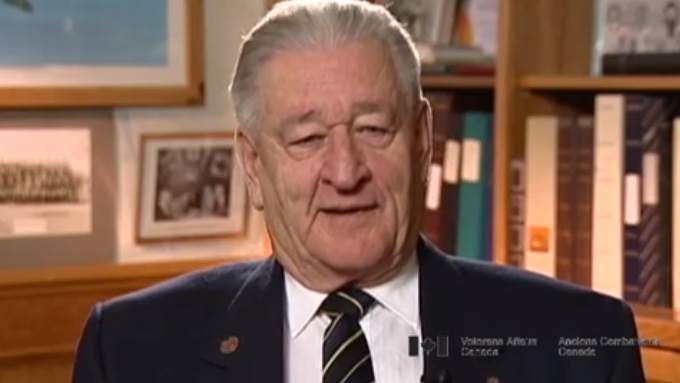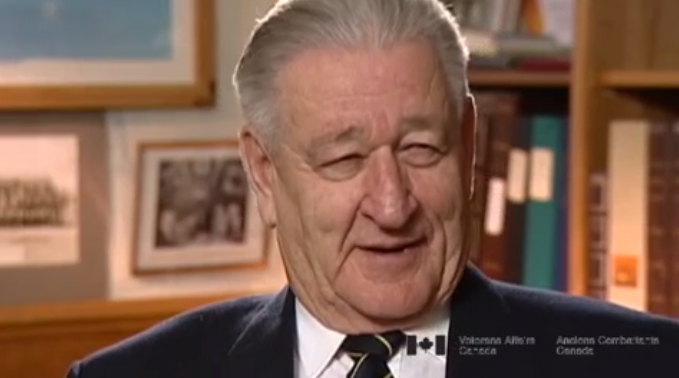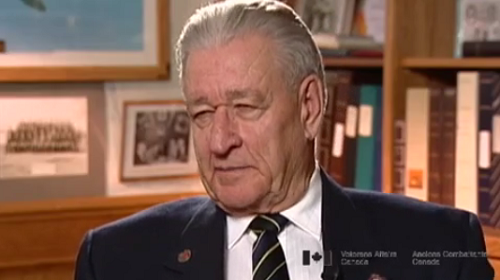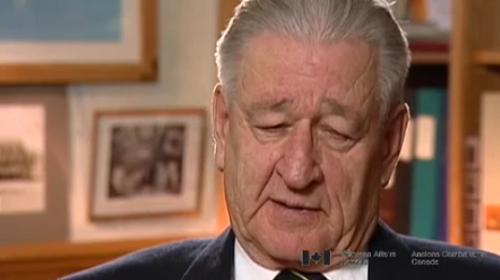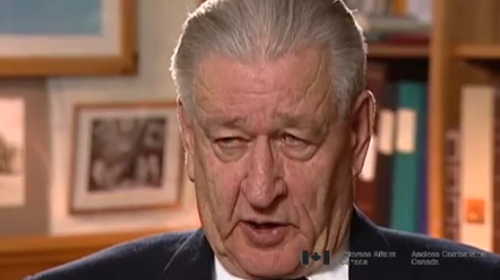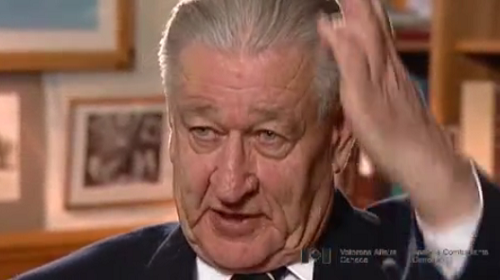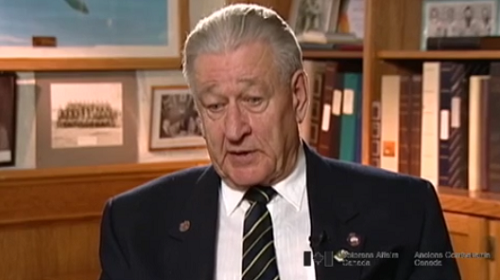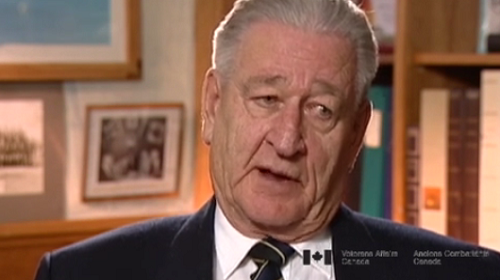You Are Nothing
Heroes Remember
You Are Nothing
Transcript
I wanted so much to be able to do those
things that they wanted me to do and
to do them with the dispatch and expertise
that they seemed to want.
And of course eventually I was able to do
that but you don't do those things immediately.
And I can, oh, the terrible goof-ups that,
you know, you make and about.
Some things that were, that made
common sense to me of course to the
military didn't make any sense at all,
certainly to my instructors.
And you must remember that back in 1951
the military was a lot different than it is today.
You know, quite often there was guys
that were having, that were having a
difficult time doing the tasks and the
things that these guys wanted you to do.
If you didn't do them correctly, they had
names for you. And the beauty of it all,
the funny part of it was that even though
they made reference to your character and
to your being in the most derogatory
terms they, we never took exception to it.
It seemed to be, well, this is part of what
these guys are and it's part of what
we will become. Somehow or other we,
we struggled through that first period and
we were members of the awkward squad,
there is no doubt about it.
There were others that were in varying
stages of training development and
they were good. And I remember that,
this, this one particular sergeant,
what a mean bugger he was, but he implied,
very specifically that we would never get
beyond where we were.
You know nothing, you will be nothing,
you are nothing and... It was amazing.
Now I think back to that now and I think,
oh god, how did we survive that?
And I, as impressionable kids, and we were,
I think it had a bearing, that attitude that
somehow...in many ways had a bearing
throughout our lives. I'm sure that it did.
Description
Mr. Ferguson describes how non-commissioned officers psychologically prepared raw recruits for the army, and how those recruits responded to basic training.
Luther Ferguson
Luther Ferguson was born in Mayview, Saskatchewan on October 23, 1933. He describes himself as being “unworldly, poorly educated and having low self-esteem.” Mr. Ferguson felt that the Army offered him the best opportunity to both further his education and improve his life. He enlisted in 1951, and soon found himself a combatant in the Korean War, where he served in the infantry. Mr. Ferguson’s accounts lean heavily on the psychological impacts of training and warfare, and the devastation experienced by the civilian population during the Korean conflict.
Meta Data
- Medium:
- Video
- Owner:
- Veterans Affairs Canada
- Duration:
- 2:50
- Person Interviewed:
- Luther Ferguson
- War, Conflict or Mission:
- Second World War
- Branch:
- Army
- Units/Ship:
- Royal Canadian Regiment
- Rank:
- Private
- Occupation:
- Infantryman
Related Videos
- Date modified:



